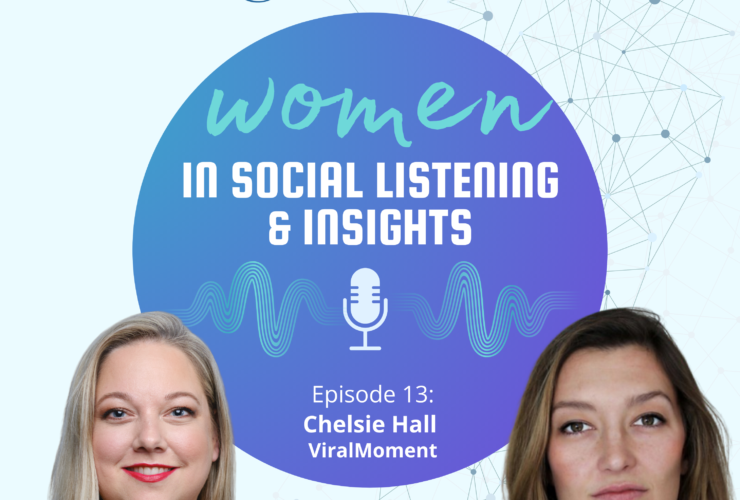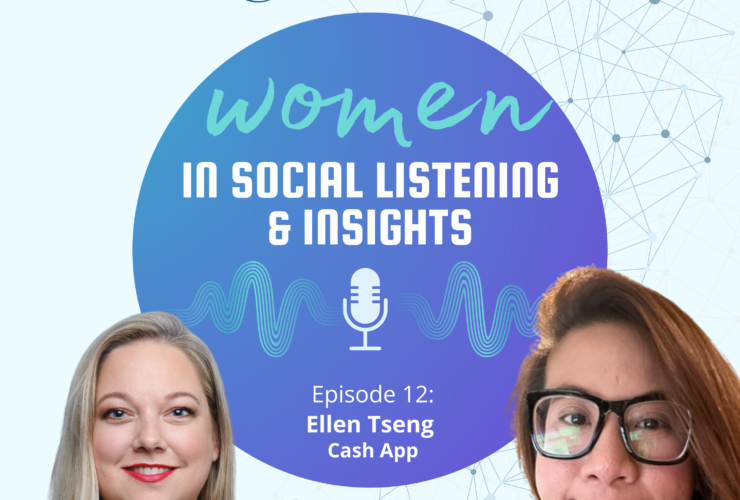Rare diseases affect millions of people around the world, but remain largely unknown. In recognition of Rare Disease Day 2023, we consider how human-led social media intelligence can help pharma overcome challenges in the rare disease space, to optimise clinical outcomes for patients and improve the quality of life of both patients and caregivers.
What is a rare disease and how rare are they?
A rare disease is defined as one that affects fewer than 200,000 people globally. While typically chronic, they are often progressive and life-threatening or disabling. The Centers for Disease Control and Prevention (CDC) estimates that 30 million people in the United States are living with rare diseases – nearly 1 in 10 individuals. It has also been suggested that globally over 350 million people have a rare disease, with 1 in 17 people affected at some point in their lives. However, this information is difficult to verify due to a lack of data in many cases.

Understanding the affected population
Understanding the population most affected by rare diseases is essential for providing appropriate services, treatments and care. After all, rare diseases can be complex and debilitating for those affected by them. Symptoms can vary depending on the diagnosis, ranging from physical impairments to psychological complications, such as depression or anxiety. Additionally, many of these conditions are so rare that patients may feel alone in their struggle and caregivers may find it difficult to support their loved ones due to a lack of information.
Rare diseases and the patient journey
When it comes to the patient journey, rare diseases present challenges that are not faced when dealing with more common illnesses. Patients may experience delays in receiving an accurate diagnosis due to limited knowledge or resources related to the condition among healthcare professionals, as well as difficulties talking about it within social circles which can lead to feelings of isolation and loneliness. Once diagnosed, the availability of effective treatments is often limited due to insufficient research and funding devoted towards such conditions.
The importance of online peer support
When confronted with unknown symptoms, or when receiving a devastating diagnosis, the first thing many patients and caregivers do is go online to learn more. Consequently, patients who are geographically dispersed across the globe tend to cluster together online, mostly on social media platforms dedicated to specific rare diseases.
These social platforms provide patients and caregivers with the opportunity to support each other, sharing thoughts and feelings that might not come up during interactions with healthcare providers and practitioners (HCPs).
Increasingly, HCPs are also taking to social media to discuss unusual cases with their colleagues, obtain informal second opinions, and even share details of unique cases they have encountered. The internet – and social networking platforms in particular – are harbouring a treasure trove of rare disease insights.
Leveraging social insights to better connect with rare disease patients and caregivers
Pharma companies thus have an invaluable opportunity to understand the needs of both patients and their caregivers in the rare disease space by listening to their conversations online and determining the ‘themes’ from which insights can be drawn. Crucially, tapping into this rich source of real-world data can fill in the gaps where clinical trials and traditional research methods fall short.
Online conversational data collected from patients and caregivers across time can help chart a patient’s physical and emotional journey, from the time they first experience a symptom to the final treatment they receive, remission and palliative care. The unmet needs identified throughout this journey represent opportunities for pharma to put their stake in the ground and make their mark within rare diseases and orphan drugs.
Ultimately, by leveraging social media intelligence, pharmaceutical companies can gain invaluable insights that will not only help them develop more tailored treatments for rare diseases but also help support patients and caregivers through targeted efforts. With an unprecedented level of understanding into patient experiences within the rare disease space, pharmaceutical companies can find ways to provide meaningful support for both patients and caregivers and make a real impact in this challenging field.
Enrich your Rare Disease Strategy with Social Insights – speak to a member of our team today

Convosphere’s team of experienced social insights analysts can help pharmaceutical companies gain a 360-degree view of the rare disease experience and stakeholders’ unmet needs, enabling them to incorporate patient-centricity into both drug development and customer engagement, and build greater trust within the community.
Discover how Convosphere can empower your rare disease strategy in our whitepaper and contact us today to learn more.






